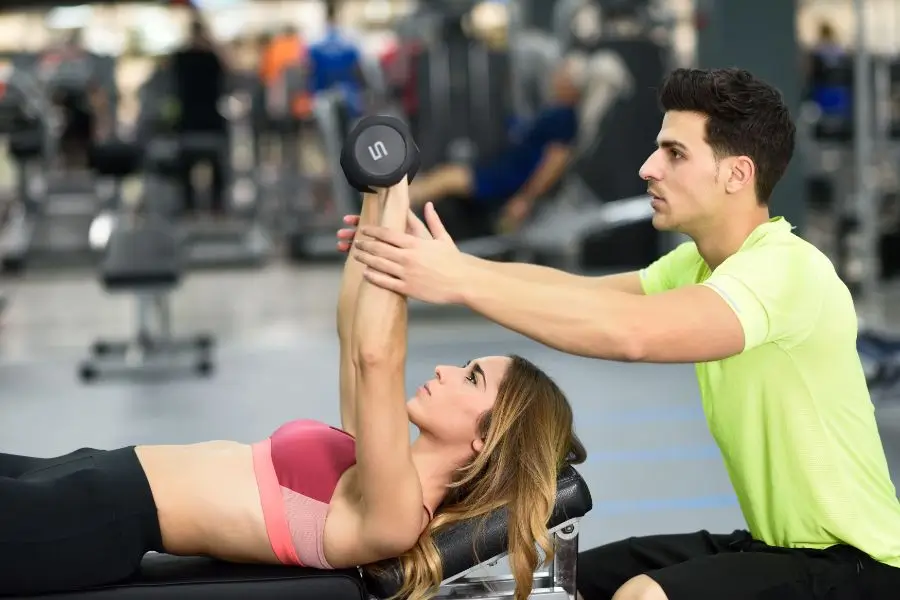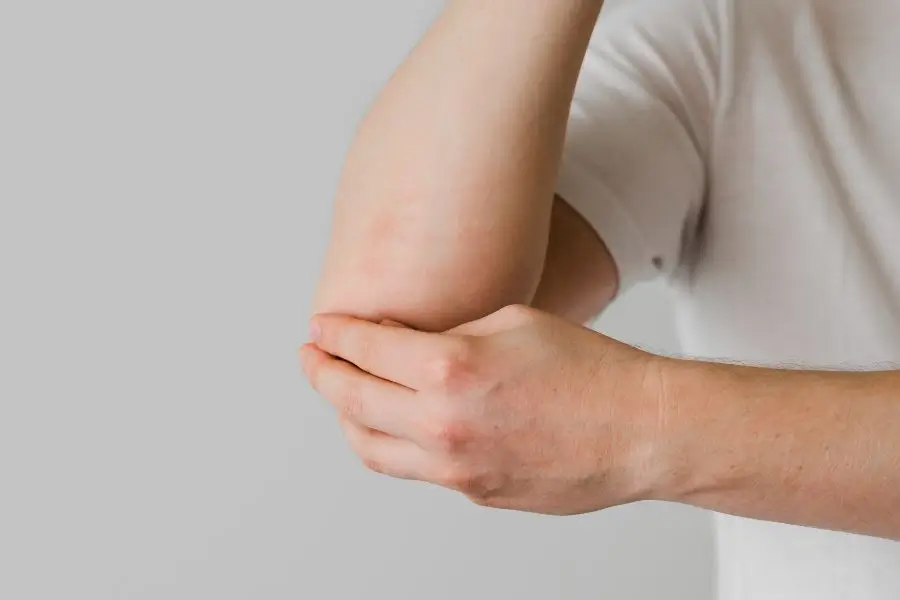When you’re recovering from an injury, managing a chronic condition, or trying to improve your movement, you might be wondering:
Should I see a Physiotherapist or an Exercise Physiologist?
At Doveston Health, our team includes both qualified Physiotherapists and Exercise Physiologists, and while they often work together, their roles are distinct. This guide will help you understand the key differences — and how to choose the right care for your health goals.
🧠 Understanding the Roles
✅ What Does a Physiotherapist Do?
A Physiotherapist is a university-trained health professional who diagnoses and treats pain, injury, and movement disorders.
They use hands-on treatment techniques, such as:
-
Joint mobilisation and manipulation
-
Dry needling
-
Massage
-
Taping
-
Exercise prescription
-
Electrotherapy and other modalities
Physios can help in both the acute and recovery stages of an injury and are qualified to manage post-operative rehabilitation, complex musculoskeletal conditions, and neurological disorders.
Common reasons to see a Physiotherapist:
-
Recent injury (sprains, strains, fractures)
-
Post-surgery rehabilitation (e.g., knee or shoulder surgery)
-
Chronic pain or stiffness
-
Sports injuries
-
Vertigo or balance problems
-
WorkCover and DVA injuries
✅ What Does an Exercise Physiologist Do?
An Accredited Exercise Physiologist (AEP) specialises in using exercise as medicine to help clients manage:
-
Chronic conditions
-
Disabilities
-
Injuries
-
Recovery post-rehab
-
Performance and wellbeing goals
They design long-term, structured exercise programs tailored to your medical history and goals. Their work is especially effective for:
-
Type 2 diabetes and metabolic conditions
-
Cardiovascular disease
-
Osteoarthritis and osteoporosis
-
Mental health conditions (e.g., depression, anxiety)
-
Neurological conditions (e.g., MS, Parkinson’s, stroke rehab)
-
NDIS participants and aged care clients
Exercise Physiologists do not use manual therapy, but focus on functional movement, strength, and long-term improvements.
🩺 When to See a Physio vs an EP
| You should see a… | If you need help with… |
|---|---|
| Physiotherapist | Injury diagnosis and early-stage treatment |
| Post-operative rehab | |
| Manual therapy for pain relief | |
| Acute flare-ups or mobility issues | |
| Exercise Physiologist | Chronic disease management |
| Exercise programming for long-term health | |
| NDIS or aged care therapy | |
| Rebuilding strength and endurance post-rehab |
🤝 A Collaborative Approach at Doveston Health
In many cases, the best outcomes come from seeing both a Physiotherapist and an Exercise Physiologist.
For example:
-
A Physio may help you recover from a knee injury using manual therapy and guided rehabilitation.
-
Once your pain is reduced and mobility is restored, an EP can step in to help build long-term strength, mobility, and prevent re-injury.
At Doveston Health, our team works together to create integrated care plans for your best recovery.
📍 Located in Morayfield – Supporting Burpengary, Caboolture & Beyond
Whether you’re dealing with a new injury, a long-standing condition, or want to move and feel better, our team is here to help. We support NDIS participants, WorkCover patients, private health clients, and aged care package holders.
✅ Ready to Take the First Step?
Book an appointment today with one of our experienced Physiotherapists or Exercise Physiologists and let us guide you on the path to recovery and better health.
👉 Call us on (07) 5495 7772
👉 Or Book Online today.






